The Media Show Their Identification Data If They Choose, Not on Demand
On November 12, the presentation and discussion of the results of the Region Research Center’s new research “Transparency of Armenian Media – 2021” took place.
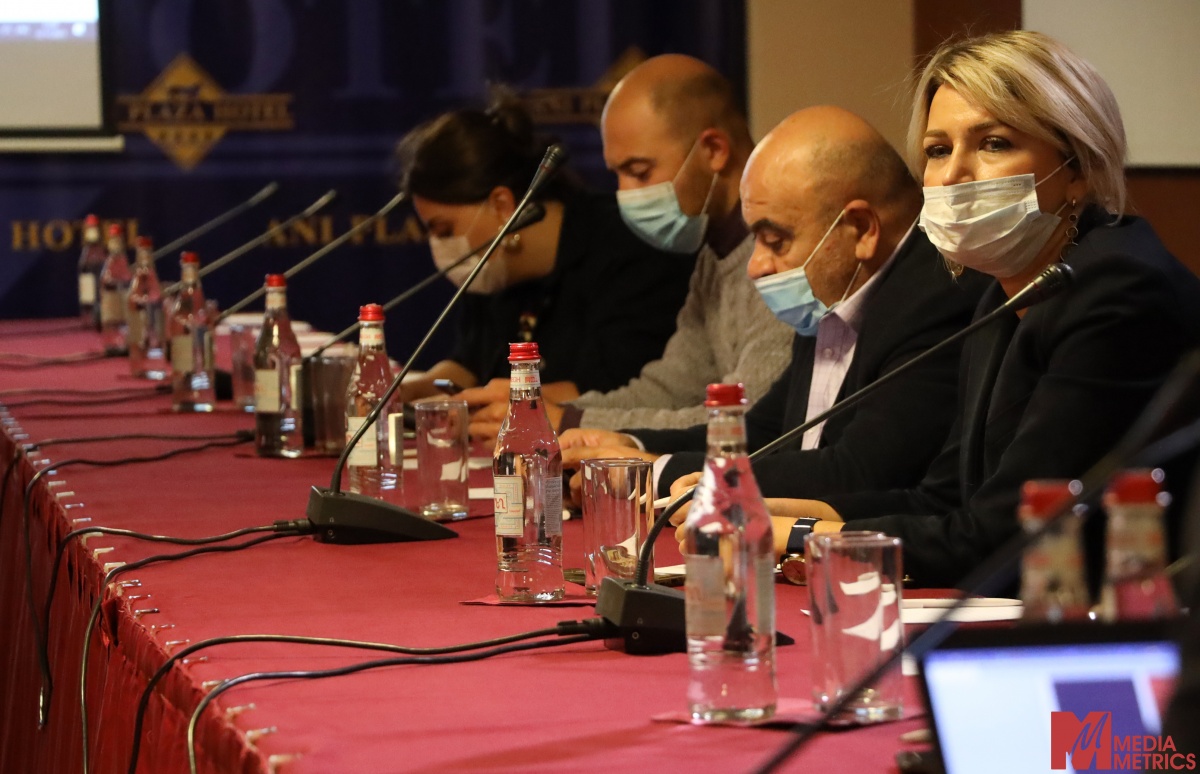
• How do today’s media present themselves to their audiences? What is the level of their transparency? What identification data do they publicize?
• Why don’t media outlets present information about themselves properly? Is there or is there no public demand for it?
• Though the law on the audiovisual media was adopted not long ago, in 2020, it does not anyway cover the issue of functioning of TV and radio companies in the online domain. Why? After all, TV and radio products are also consumed online.
• How does the non-transparency of a number of media outlets affect the reputation of the whole media field?
The speeches of the participants of the discussion were about the above-mentioned issues. The key messages of their speeches are presented below.
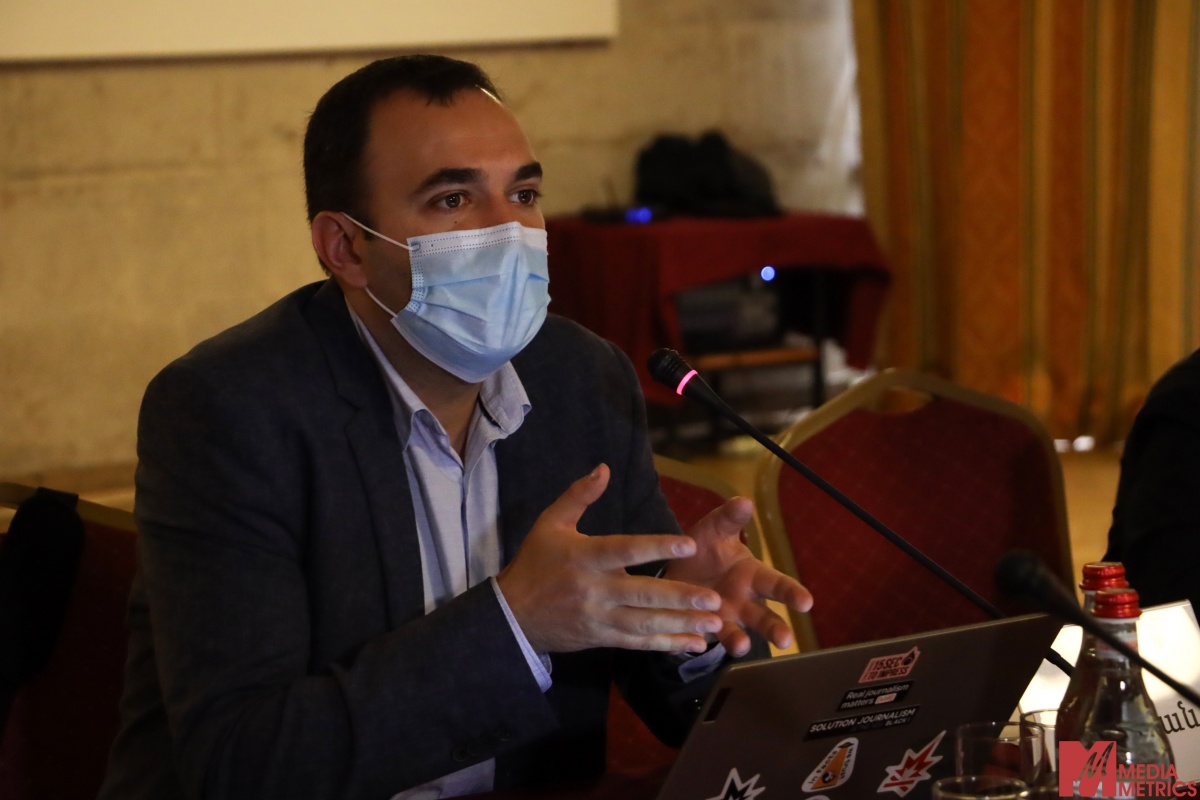
Arthur Papyan – journalist, blogger
Since there is a lot of fake news, there was an urgent need of such research. While working, I keep trying to differentiate misinformation from the true information. Now, I hope that your transparency rating infographics will be of great help to us, as the media outlets that are in the low transparency group will find its place also on my “unreliable media outlets” list. The list of the media outlets that share fake, or based on one source news. This research showed that there are media outlets that, though they do not mention their data on their websites, they show these data on Facebook. In my opinion, it is because Facebook requires several mandatory data.
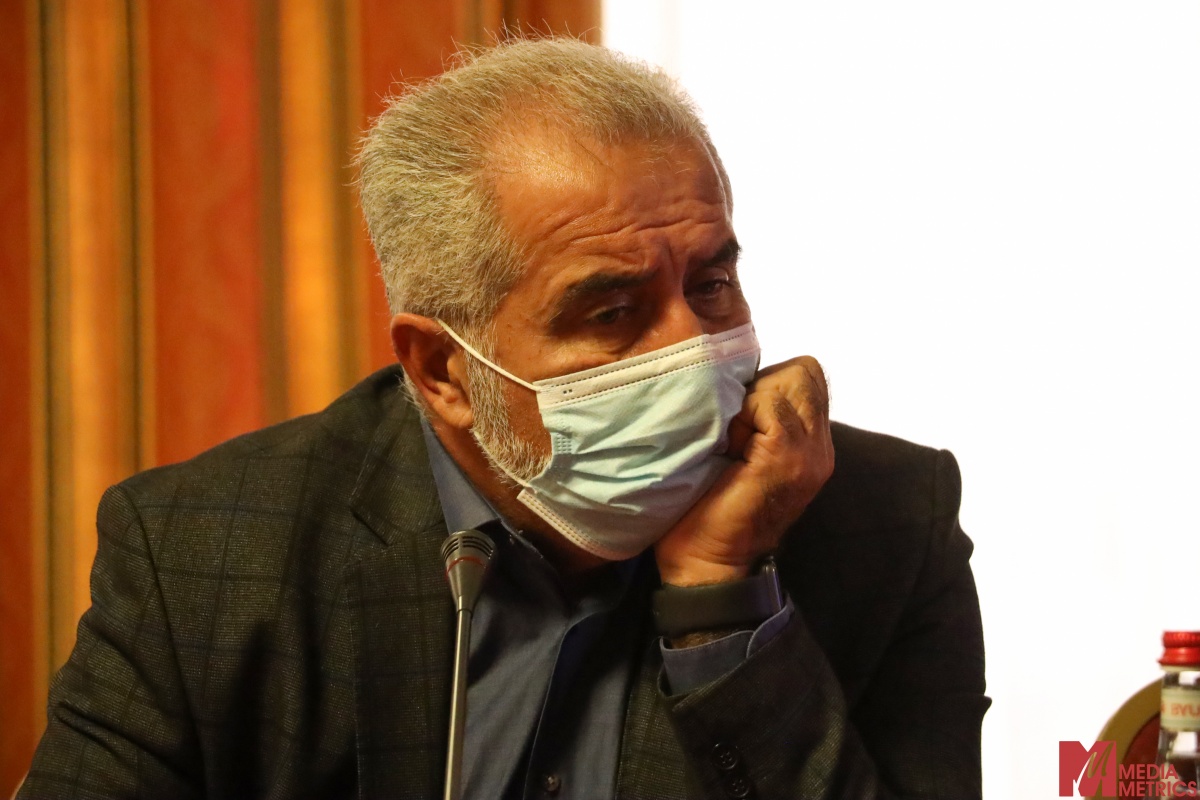
Arzuman Harutyunyan – President of the Association of Audiovisual Reporters
The presence of so much fake news in Armenia indicated that the need for this research was more than up-to-date. It comes to solve two vital problems: it satisfies both public and community (I mean the journalistic community) needs. In fact, most of today’s media do not meet not only the requirements of the law, but also of the self-regulation. Many media outlets do not reveal the necessary identification data, which negatively affects the image of the media community.
It would be very good if the results of the research were sent to all the media outlets, as well as to the supervisory body. It will be useful for the regulation of the field.
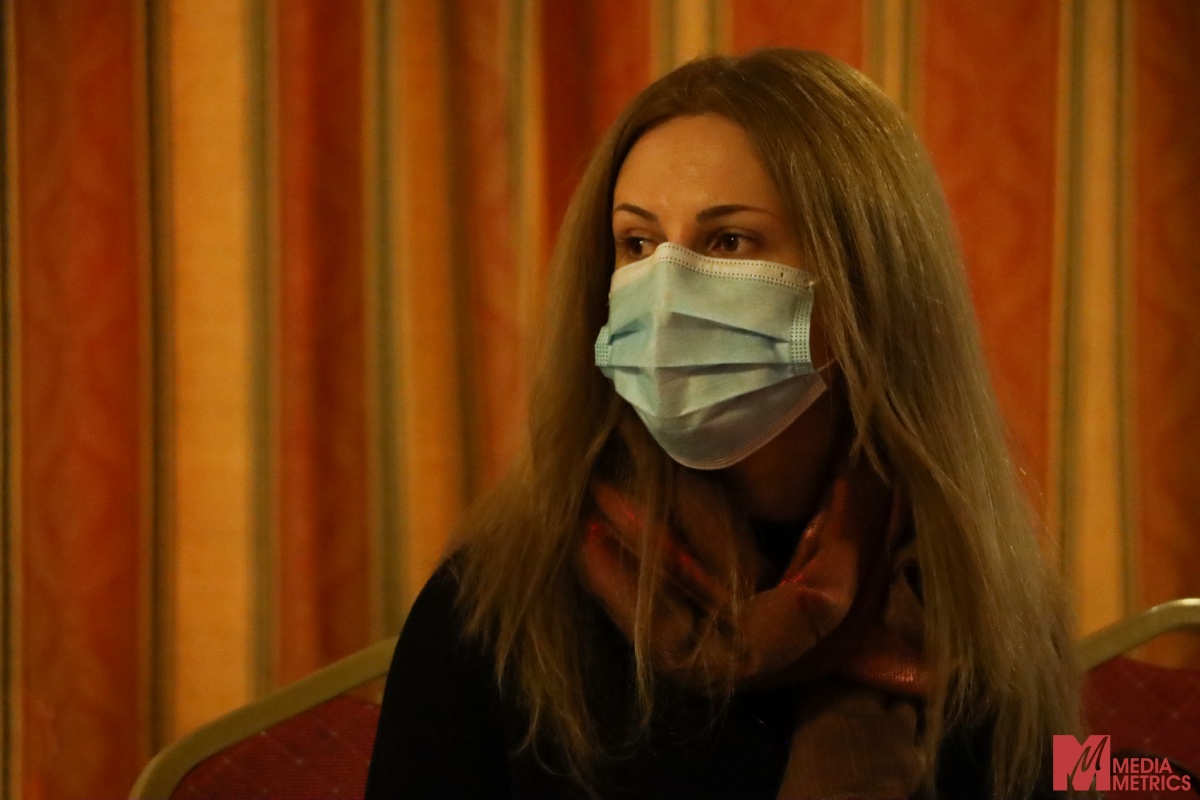
Syuzanna Barseghyan – sociologist
This important research, as well as the other media researches of the “Region” Research Center are very helpful for the studies and decision makers of the field.
With these data researchers could put comprehensive researches on the desks of decision or policy makers.
The issue of transparency of some data of media outlets could be decisive in the fight against misinformation.
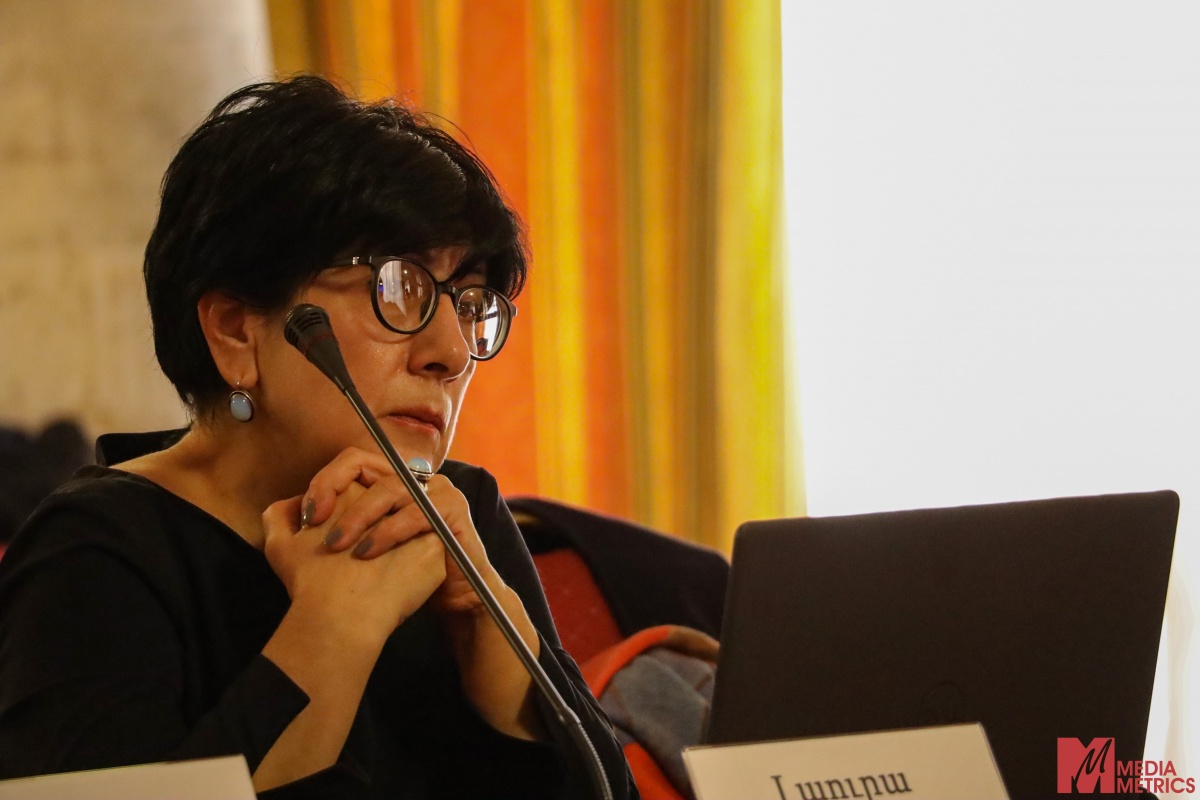
Laura Baghdasaryan – Director of Region Research Center
Why do the media outlets not fully present their information data? I think because there is no a clearly established principle. I know some heads of media outlets who do not present any information about their editors, or other data about their media outlets. I personally asked some of those people why they do not present this information on their media platforms. Some of them answered that they did not even think that there was a need for it.
So, it is possible that not presenting the data is not a principle, they just do not think that it is necessary, as in the case of online media, where it is a requirement of the law. This ignorance is especially common among TV and radio companies. The Law on Audiovisual Media, adopted in 2020, does not refer to the issues of the identification of audiovisual media on the online platforms. Therefore, they present the information about themselves if they consider it necessary, if not, they do not present it.
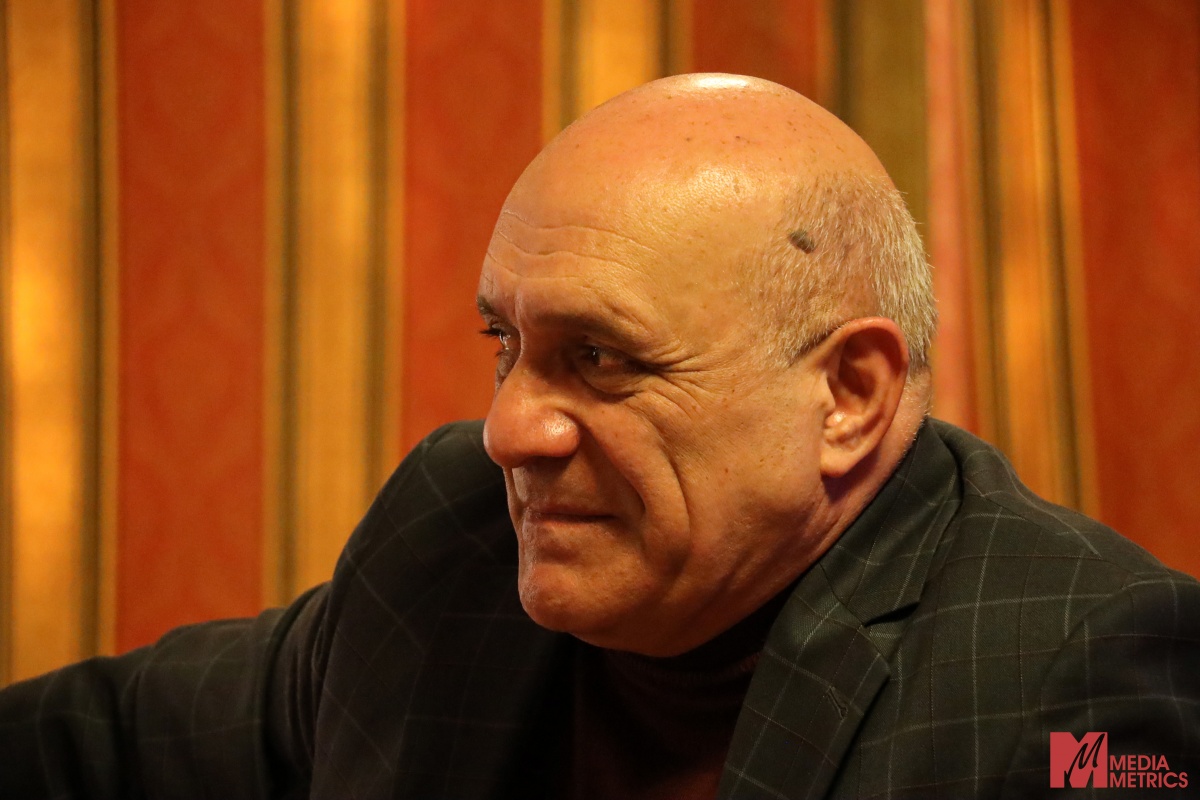
Ashot Melikyan – Chairman of Committee to Protect Freedom of Expression
I think that when the media outlet does not publicize its output data, it is a much more serious problem than just not knowing about the demand. Very often those data are deliberately hidden. There are many online platforms that spread misinformation, manipulation and slander, and it is clear that if they somehow publicize their founder, the real owner, the person in charge of broadcasting, address, phone numbers, etc., they can have serious problems with the public. Also including they can be prosecuted.
Therefore, not publishing output data is also an attempt to avoid these problems. While the transparent activity of the media must become a requirement of both the law and the public. If the media outlet does not present its data, then it does not identify itself as a media outlet. For example, according to you, many people think that having a code of ethics is their own issue, while it is a requirement of transparency towards the media, and it is necessary to have it and to present it to the audience.
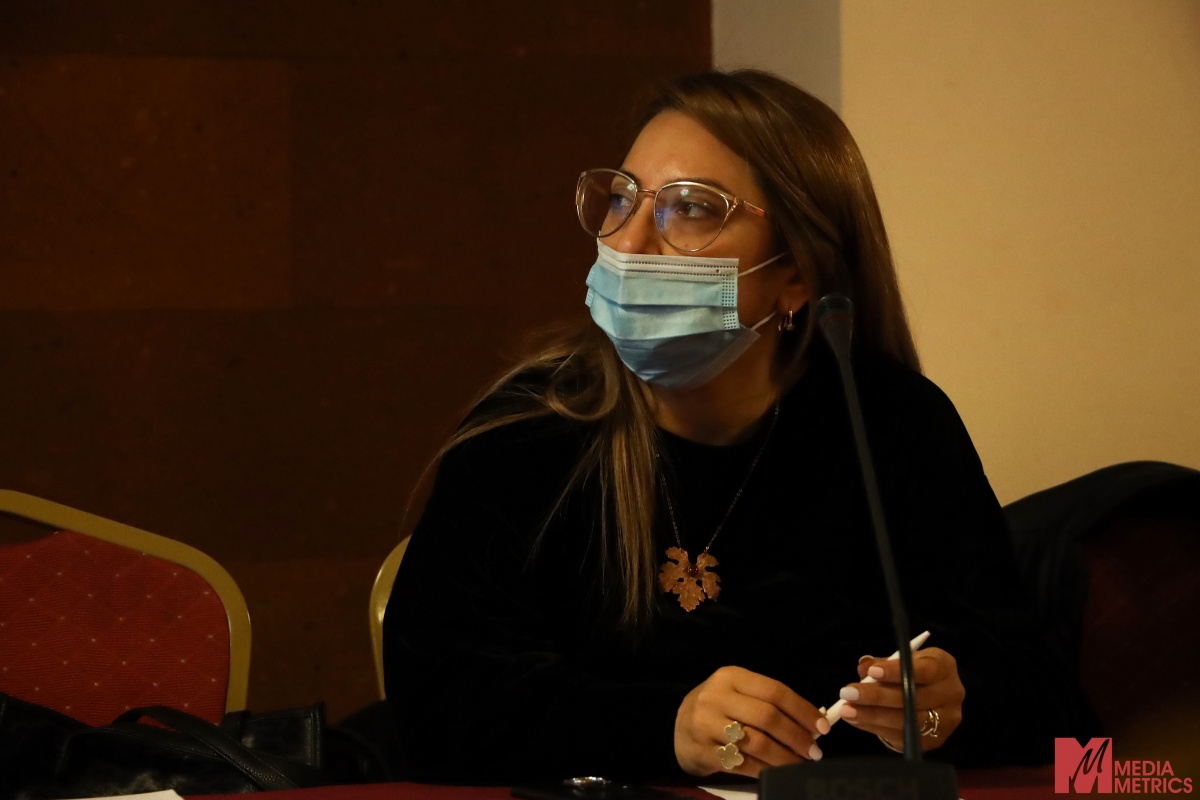
Kristine Barseghyan - Executive director at Hetq.am
In my opinion, non-transparent media outlets can be divided into two groups: the media that are simply negligent, and the media that deliberately do not present information about themselves as it is a way to escape responsibility and to spread misinformation and slander. But this creates non-equal conditions for the media, as those who disobey the law, easily escape the responsibility, and the responsible ones are always under attack. First of all, it should be us to demand from our partners to work transparently. And such a study could be a good start of a dialogue in the field. Otherwise, we, the media that has been developing over the years,lose, because the audience loses its trust towards the journalistic work in general.
See the results of the research here.
Prepared by Sona Kyurkchyan and Saro Baghdasaryan.
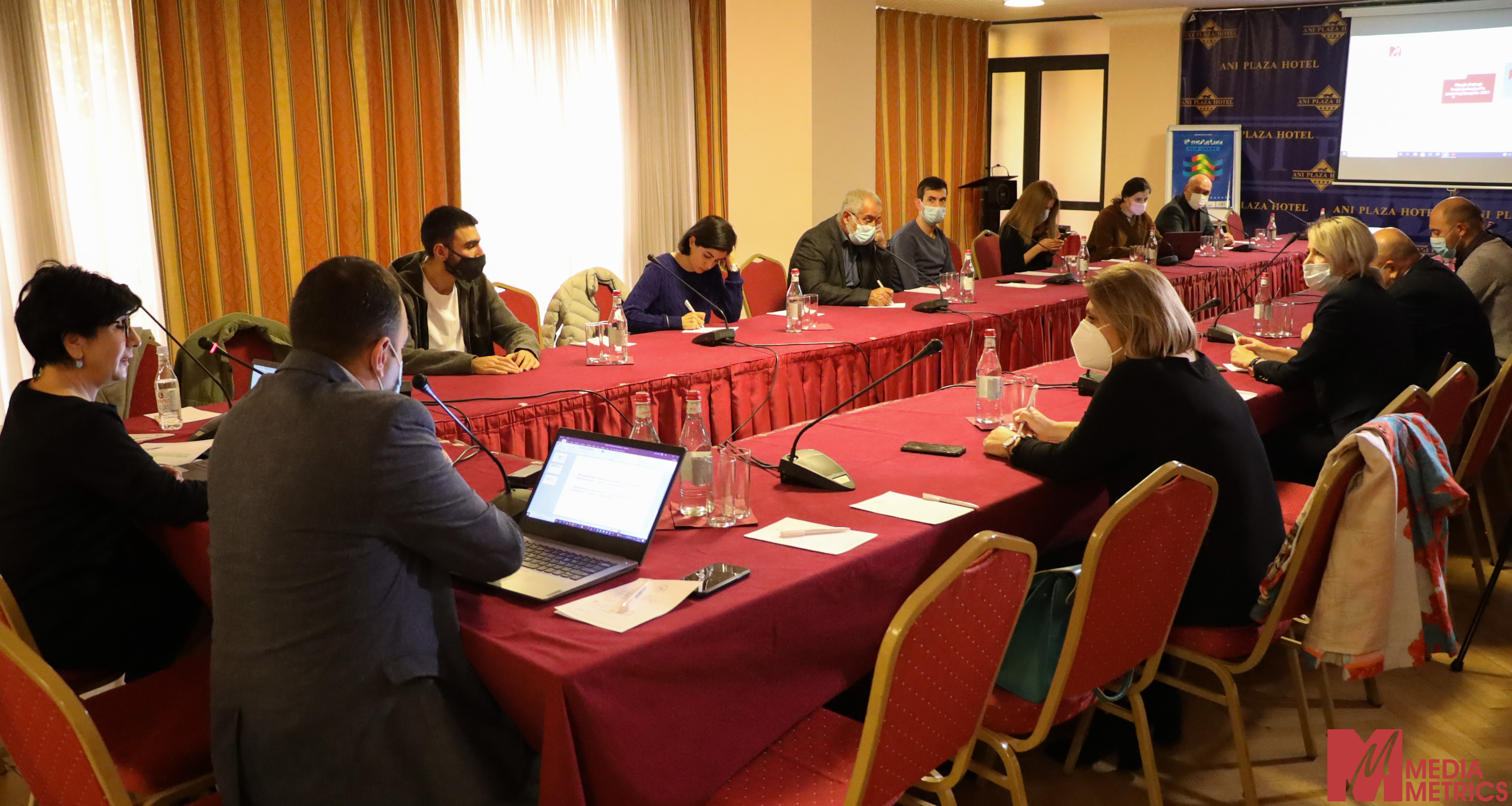


 +37410 563363
+37410 563363
 1/3 Buzand Str, 8 Floor, Yerevan, Armenia
1/3 Buzand Str, 8 Floor, Yerevan, Armenia